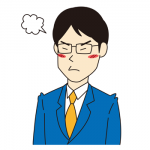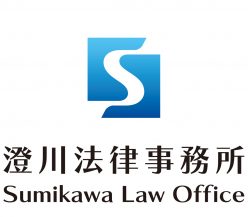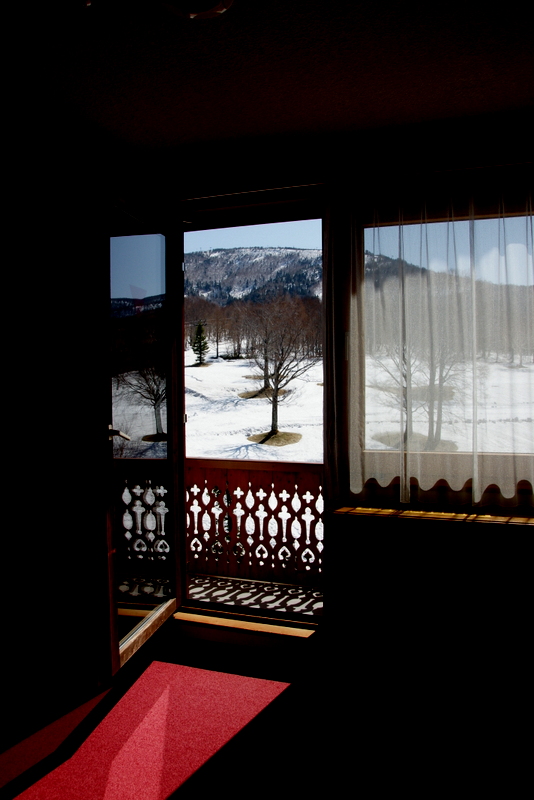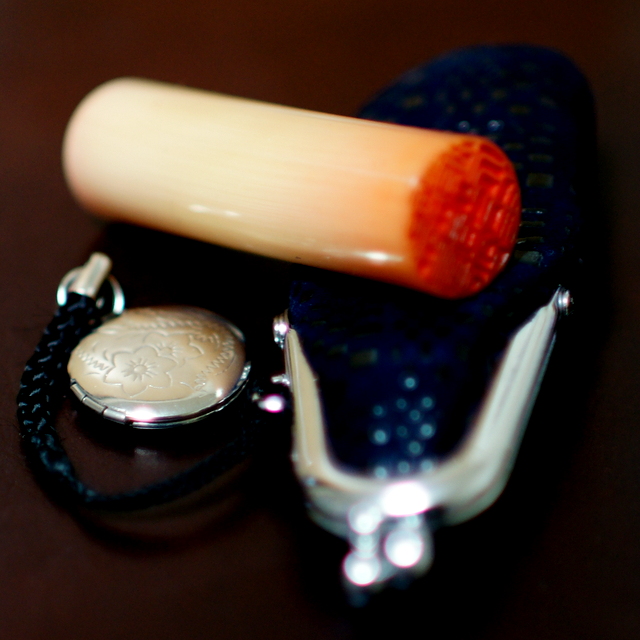* Previous post: Guarantor system in Japan “Rentai-Hoshou-Nin” (1)

Once you become a Rentai-Hoshou-Nin for your friend’s house rental, you are likely to bear responsibility for the following points.
- rent money of the house (and also late payment charge)
- damage related to the house rental (such as scratches on floor, broken windows, etc.)
- anything else
You may think it will not become a large amount, but, as a matter of fact, it could become very big.
For example, if your friend runs short of money and stops to pay his rent money, you will have to pay his rent money for him.
If the management company of the house contacts you immediately after your friend’s non-payment, the amount may not be large. But management companies sometimes do not contact the Rentai-Hoshou-Nin for months. If your friend is behind his payment for 10 months, and if the rental money is JPY100,000 per month, the amount will reach one million. I once saw a case, in which the management company didn’t contact the Rentai-Hoshou-Nin until the unpaid amount has reached 3 million JPY. In that case, the Rentai-Hoshou-Nin ended in bankruptcy.



